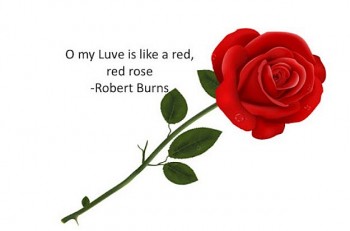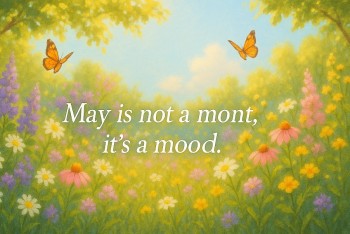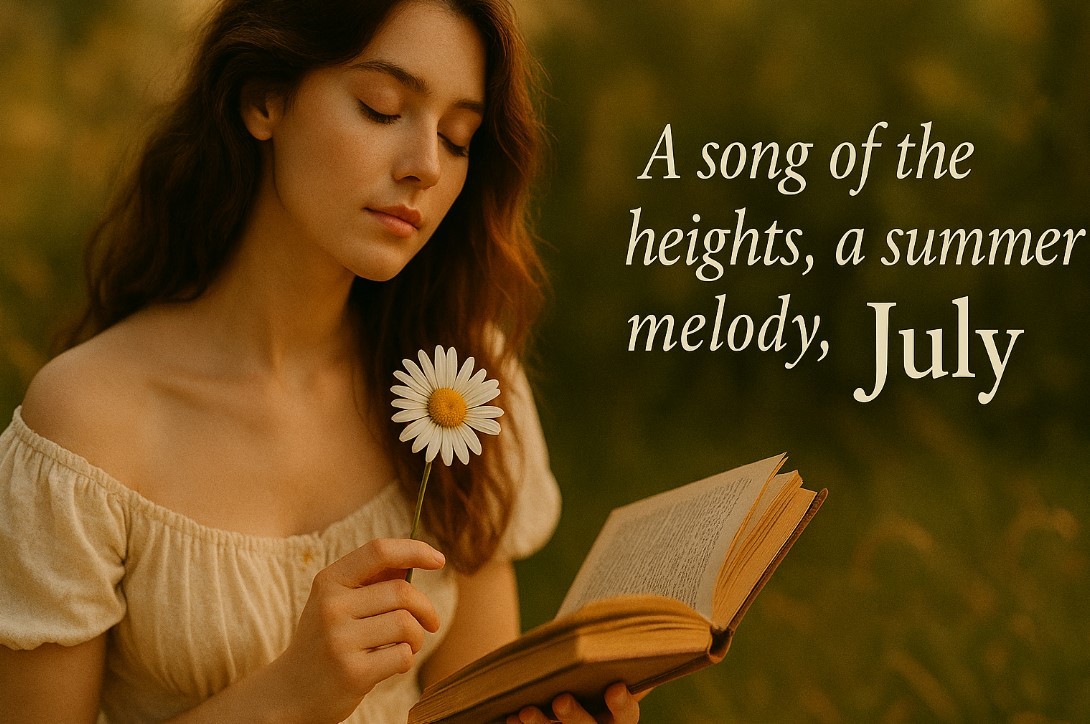Top 10 Greatest Poetic Quotes That Capture July
 Top 10 Greatest Poetic Quotes About June – A Celebration of Early Summer in Verse Top 10 Greatest Poetic Quotes About June – A Celebration of Early Summer in Verse June is more than a month. It’s a mood, a turning point, the quiet explosion of color and life. |
 |
| Greatest Poetic Quotes About July |
July doesn’t whisper. It roars—with heatwaves, fireworks, ripe peaches, and skies so bright they feel like they’re on fire. For poets, July is not just a hot month; it’s the heart of summer—simmering with desire, nostalgia, rebellion, and stillness.
Here are ten poetic quotes that don’t just describe July—they capture its soul.
1. “Hot July brings cooling showers, / Apricots and gillyflowers.”
—Sara Coleridge**
Simple, almost nursery-rhyme soft—but don’t mistake it for lightweight. Coleridge paints July with edible sweetness and botanical grace. It’s a calm moment in the heat: rain tapping on leaves, fruit in the hand.
2. “July is a blind date with summer.”
—Hal Borland**
Short, punchy, and brilliant. You walk into July never knowing exactly what you’ll get—heatstroke or heartbreak, bare feet or burning skies. That’s the charm.
3. “Then came July like a blazing torch, / Scorching the meadow, silencing the lark.”
—Unknown**
July as a force of nature. Not gentle, not subtle—a torch. It’s a reminder that summer isn’t always paradise; sometimes, it’s survival. Even the larks know when to stop singing.
4. “The summer looks out from her brazen tower, / Through the flashing bars of July.”
—Francis Thompson**
This one reads like myth. July is the heat-forged gate behind which summer watches the world. The month becomes structure—solid, glowing, almost sacred.
5. “July, like a firework, burns fast and loud, / Then leaves the sky quiet, smoky, proud.”
—Anonymous**
A perfect metaphor. July bursts, then vanishes. The fire and noise fade, but the feeling lingers in your skin and memory—like smoke that clings long after the last spark.
6. “If I had my way, I’d remove January from the calendar and have July twice.”
—Roald Dahl**
Not classical poetry—but pure emotional truth. Dahl wants warmth, light, chaos—twice as much. You can feel the childlike joy in every word.
7. “In July, the sun is a tyrant and a blessing.”
—Sylvia Plath (paraphrased)**
Plath knew contradictions well. The sun in July gives life but also dominates it. It blesses the garden and burns the back of your neck. And we keep coming back for more.
8. “What good is the warmth of summer, without the cold of winter to give it sweetness?”
—John Steinbeck**
Steinbeck, as always, goes deeper. This isn’t just about July—it’s about contrast, perspective, the price of joy. Summer matters because winter exists.
9. “July slips into the room like heat—unspoken, thick, and hard to ignore.”
—Unattributed**
No fireworks here—just atmosphere. This quote turns heat into presence, makes July feel like something you breathe in, not just walk through. You don’t see it arrive. You feel it everywhere.
10. “Barefoot July, / Walking slow through blue and gold— / A silent hymn to heat.”
—Original**
This original piece treats July like a ritual: slow, barefoot, reverent. It’s not about volume, but vibe. A sacred hush in the middle of the year's loudest season.
Why Poets Obsess Over July
Because July doesn’t behave. It demands attention, drains the air, slows the clock, and sets the sky on fire. It’s not just about summer—it’s about time at its most intense.
It’s the month of burning light and unspoken memory. Of childhoods that won’t repeat. Of long shadows at 8 p.m. and the sound of nothing but crickets and sprinklers.
No wonder poets keep chasing it.
 Top 15 Most Well-liked New Year's Poetry That Are Simple to Spread Top 15 Most Well-liked New Year's Poetry That Are Simple to Spread It's fun to write, read, and recite well-known New Year's poetry. See the post below for the top 15 most read poetry ever written for ... |
 10 Most Famous English Poets of All Time 10 Most Famous English Poets of All Time Take a look at these 10 most famous English poets, whose names are still mentioned, along with their works nowadays. |
 Valentine’s Day Poetry: Expressing Love Through Words Valentine’s Day Poetry: Expressing Love Through Words Whether you're writing a poem for your significant other, a secret crush, or even yourself, this guide will help you explore different poetic forms and ... |
 The 10 Most Beautiful Poems About May — A Month of Quiet Miracles The 10 Most Beautiful Poems About May — A Month of Quiet Miracles May is more than a month—it’s a feeling. These 10 poems capture the soft power, quiet joy, and emotional depth of spring's most tender chapter. |
























